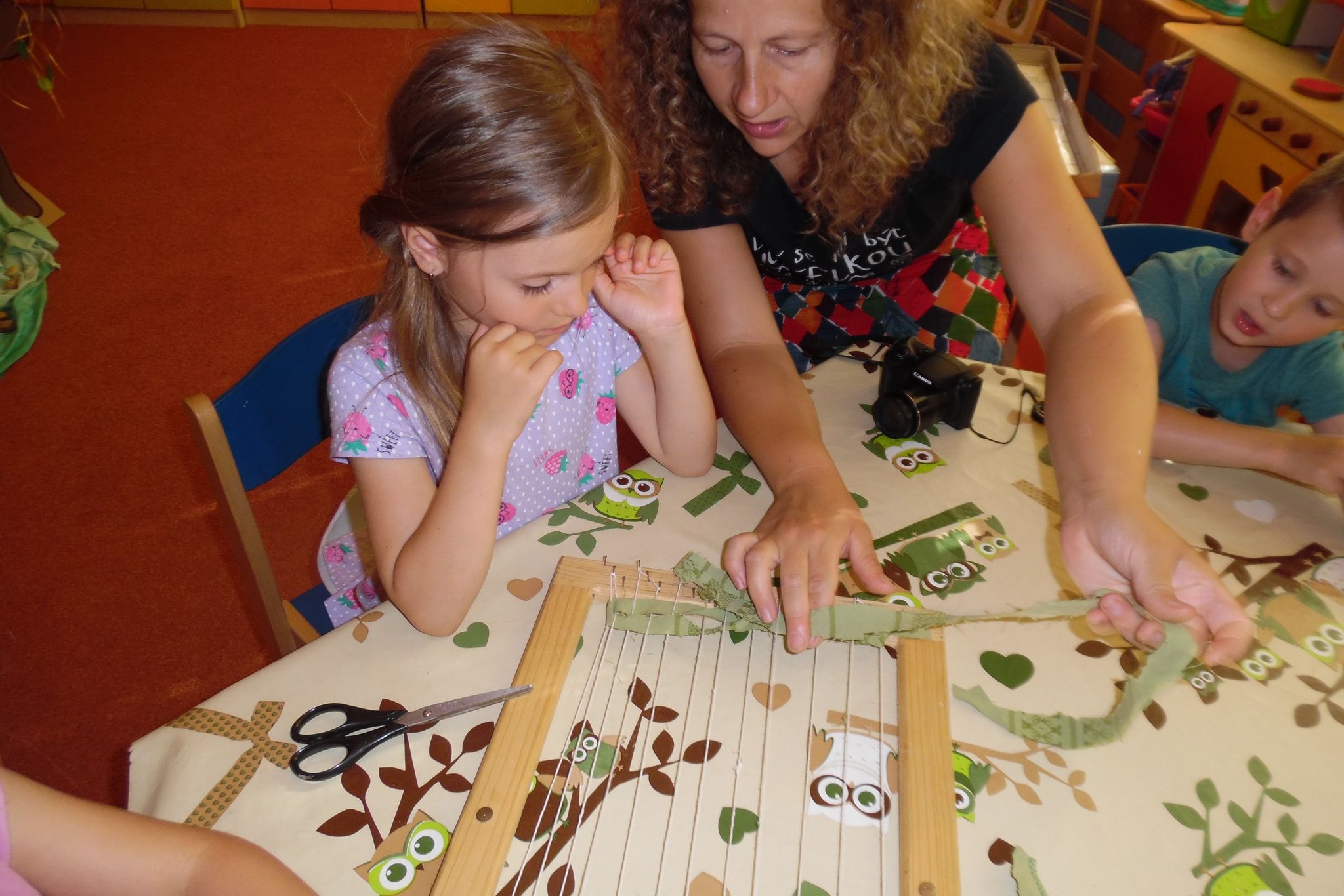
Topic(s) addressed
2 topics (the environment and its problems and protection)
-
Waste and recycling,
-
Trees and plants
-
250 children
-
30 teaching staff
-
5 non-pedagogical staff
-
200 other participants
Target groups
Developing key competencies:
-
prosocial field (good and bad behaviour, forming attitudes)
-
man and work (materials and waste used for creating new things)
-
man and nature (observation of plants, their life, identification, usage)
-
learning English (communication language)
-
ICT competencies (creating videos, photos, FB group, online chatting, Zoom)
-
Employing a variety of activities (discussion, drama, dances, songs, rhymes, workshop, experiments) working individually, in pairs or in groups using learners' active role
-
Engaging children with fewer opportunities and disabilities
-
The supportive role of teachers in working with different children groups, promoting tolerance for other cultures and acceptance of diversity
Methodologies
Developing key competencies:
-
prosocial field (good and bad behaviour, forming attitudes)
-
man and work (materials and waste used for creating new things)
-
man and nature (observation of plants, their life, identification, usage)
-
Employing a variety of activities (discussion, drama, dances, songs, rhymes, workshop, experiments) working individually, in pairs or in groups using learners' active role
-
Engaging children with fewer opportunities and disabilities
-
The supportive role of teachers in working with different children groups, promoting tolerance for other cultures and acceptance of diversity
-
learning English (communication language)
-
ICT competencies (creating videos, photos, FB group, online chatting, Zoom)
Environments
-
Indoor (classroom, Erasmus+ corners) and outdoor (yard, summer house, street, nature, outdoor teaching) activities
-
Teachers co-working with children, parents and family members, experts, educational institutions, town representatives and civic associations
-
Involving all classes with children aged 3-7 and all teachers and assistants
-
Project topics included in the standard curriculum
-
using sustainable teaching resources: books, web pages, songs, DVDs and methodical guard, growing plants, building an ant house
Teachers
Teachers developed new teaching methods and revisited old ones, exchanged best practices and applied peer learning.
They gained new and reinforced existing skills:
-
knowledge about the participating countries
-
ICT skills
-
English language
Further, the teachers developed:
-
support for each other’s work with diverse groups of children
-
tolerance and acceptance of cultural differences
-
collective work of target groups
Impact
-
Didactic materials created remain in use in all kindergartens e.g. methodical guard and DVDs.
-
The trees, bushes and flowers planted during the project keep adorning the schoolyards.
-
Sustainable practices e.g. waste separation, recycling became part of everyday routine for families involved in the project.
-
The kindergarten became a good example and influenced other schools.
-
The project included children with fewer opportunities and disabilities (ADHD, autism, diabetes etc.)
- Reference
- 2018-1-SK01-KA229-046288
- Project locations
- Slovakia
- Project category
- Early childhood education and care
- Project year
- 2022
Stakeholders
Coordinators
Materská škola, Rožňavská 29/854, Rimavská Sobota
- Address
- Slovakia
Tallinna Lasteaed Kiikhobu
- Address
- Estonia
Materska skola Dracek Lysa nad Labem - Litol
- Address
- Czechia
